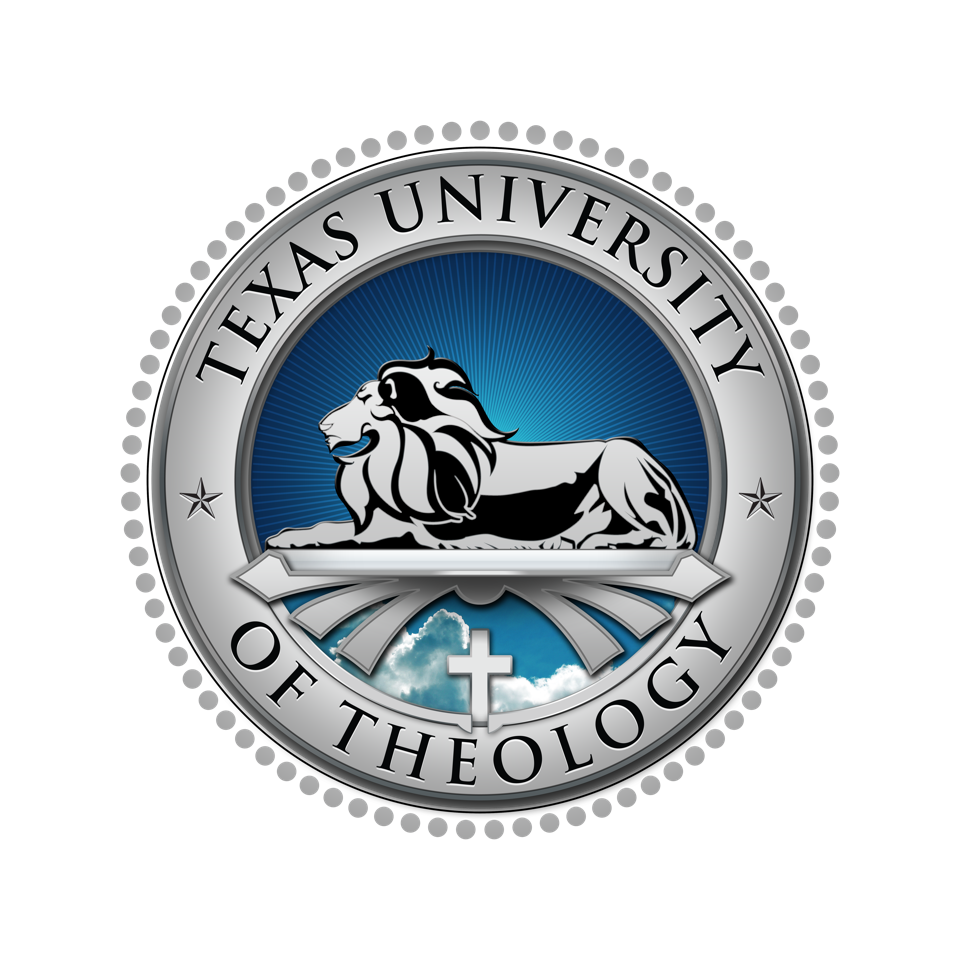Our role…
Our role at Texas University of Theology is to bring theological education and ministerial training to people who are unable or unwilling to attend a centralized higher education institution.
But, more profoundly, while we admire and endorse the efforts of traditional Bible Colleges and Seminaries, we are deeply committed to the concept of training people within the walls of their own local church, and to the provision of excellent teaching material and study options for Christians everywhere. We treat the entire local church environment as part of our educational activity: its worship, its witness, its fellowship, its teaching; its ministry – are all reckoned to be part of the training process of equipping men and women to serve Christ.
Our function is simply to add a theological and academic resource that few churches can viably provide, while leaving the practical training in ministry to the local pastor. Underlying the way in which we present our materials, and the kinds of assessment we employ, there is an educational philosophy based upon the following principles –
Christian education must stand upon a strong theological foundation (cp. the injunctions and warnings about “sound doctrine” in 1 Timothy 1:10; 4:13; 2 Timothy 4:3; 2 Peter 2:1-3; Jeremiah 6:16; 1 Corinthians 3:10-13; etc.).
Students must be brought to know God, not just to learn about him, and the curriculum must be consciously structured to achieve that excellent end. The goal must be not just to impart knowledge, but rather to teach principles of sound interpretation, showing people how to do their own research, and how to apply truth to life. A final goal is the ultimate activation of men and women into effective Christian service, in any environment to which he or she may be called to minister.
We affirm…
- That the Bible is the Word of God, given and preserved for all generations. We believe it is accurate in all that it ultimately affirms, and is the authoritative standard by which we determine beliefs and conduct.
- That God exists as three persons: The Father, Jesus Christ His only Son our Lord, who offers saving grace to all, and the Holy Spirit who empowers men and women for service, and sanctifies them for God’s purpose.
- That nothing can replace the importance of the local church, which is the body of Christ on earth, in the program of God.
- That entrance into the church is through the “new birth”, which is brought about by genuine repentance of sin, confession of faith in Christ as Saviour, and surrender to him as Lord.
- That membership in the church is signified by joyful participation in its worship, fellowship, sacraments, witness, and by acceptance of its discipline.
- That the presence and use of the charismata is essential in the local church and in Christian ministry.
- That the victorious Christian life is built upon a proper understanding and exercise of the spiritual authority conveyed to the believer by the gift of righteousness. In the resurrection of the dead at Christ’s return, in the certainty of God’s judgment, and in the inescapable result of that judgment as foretold in the scriptures for the just and the unjust.
